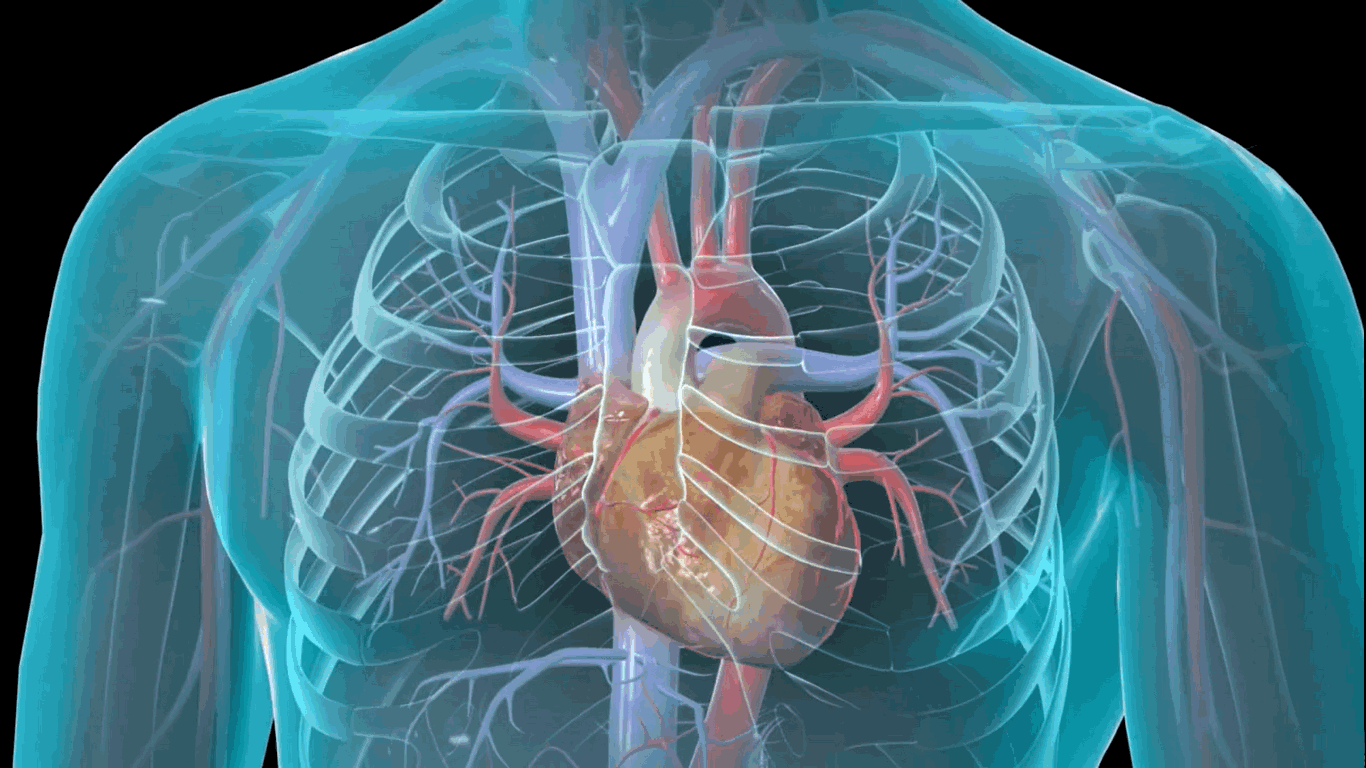
Heart Disease
-
Diabetes mellitus is highly prevalent amongst patients with heart failure, especially those with heart failure and preserved ejection fraction, and patients with the two conditions have a higher risk of mortality compared with patients without diabetes or heart failure.
-
From this graph, it is clear that there is a 59% chance of heart attack for a Diabetic person.
-
Heart failure, a condition where your heart is unable to provide enough blood to the body, can take years to develop inside your body.
-
The narrowing and blocking of blood vessels caused by high blood pressure (HBP or hypertension) increase your risk of developing heart failure.
-
From this graph, it is clear that there is a 65% chance of heart attack for the high blood pressure person
This chart shows that 65% chance of males to be suffering from Diabetes and there is less than 35% of females who has Diabetes.
-
Anaemia is a condition in which the number of red blood cells or the hemoglobin concentration within them is lower than normal.
-
Haemoglobin is needed to carry oxygen and if you have too few or abnormal red blood cells or not enough hemoglobin, there will be a decreased capacity of the blood to carry oxygen to the body’s tissues.
-
Smoking is a major risk factor for ischemic heart disease, a condition in which plaque builds up inside the coronary arteries. These arteries supply your heart muscle with oxygen-rich blood. When plaque builds up in the arteries, the condition is called atherosclerosis.
-
From this graph, it is clear that 68% chance of suffering from heart when you are a smoker. So stop smoking.
Distribution of Age
The age group of people ranges from 40 - 95 with a visible spike in the population density at certain age intervals around [44-46], [50-52], [60-62] (highest density), [64-66], [70-72].


Survival Rate w.r.t. Age
-
The survival rate is more within the age group 50 to 70.
-
The chances of not surviving the event of heart failure happen around all the age groups in the population being studied.
-
This is highest around the 60's age group.
-
Above the age of 80, the chances of survival decrease drastically.
-
Out of the total population, ~42% of the people have diabetes while ~58% do not have diabetes.
-
Of the people who have diabetes, 28.4% of the population survived the event of heart failure while 13.4% of people succumbed to the condition.
-
Of the people who do not have diabetes, 39.5% of the population survived the event of heart failure while 18.7% of people succumbed to the condition.
-
Out of the total population, around 35% of them suffer from high blood pressure or hypertension.
-
Amongst these 35% population, 22% survived the event of heart failure while 13% succumbed to the condition.
-
Amongst the 65% population that does not have hypertension, 45.8% survived the event of heart failure while 19% succumbed to the condition.
-
From the pie chart, it is evident that 44.1% of the male population survived while 20.7% succumbed to heart failure.
-
Coming to the female population, 23.7% of the population survived heart failure while 11.4% succumbed to heart failure.
-
Out of the total population, ~32% of the people have smoking habits while ~68% do not have any smoking habits.
-
Of the people who smoke, 22.1% of the population survived the event of heart failure while 10% of people succumbed to the condition.
-
Of the people who do not have smoking habits, 45.8% of the population survived the event of a heart failure while 22.1% people succumbed to the condition.
-
Out of the total population, ~43.1% of the people have Anaemia observed while ~56.9% do not have any Anaemia symptoms.
-
Of the people who have anaemia, 27.8% of the population survived the event of heart failure while 15.4% of people succumbed to the condition.
-
Of the people who do not have anaemia, 40.1% of the population survived the event of heart failure while 16.7% of people succumbed to the condition.